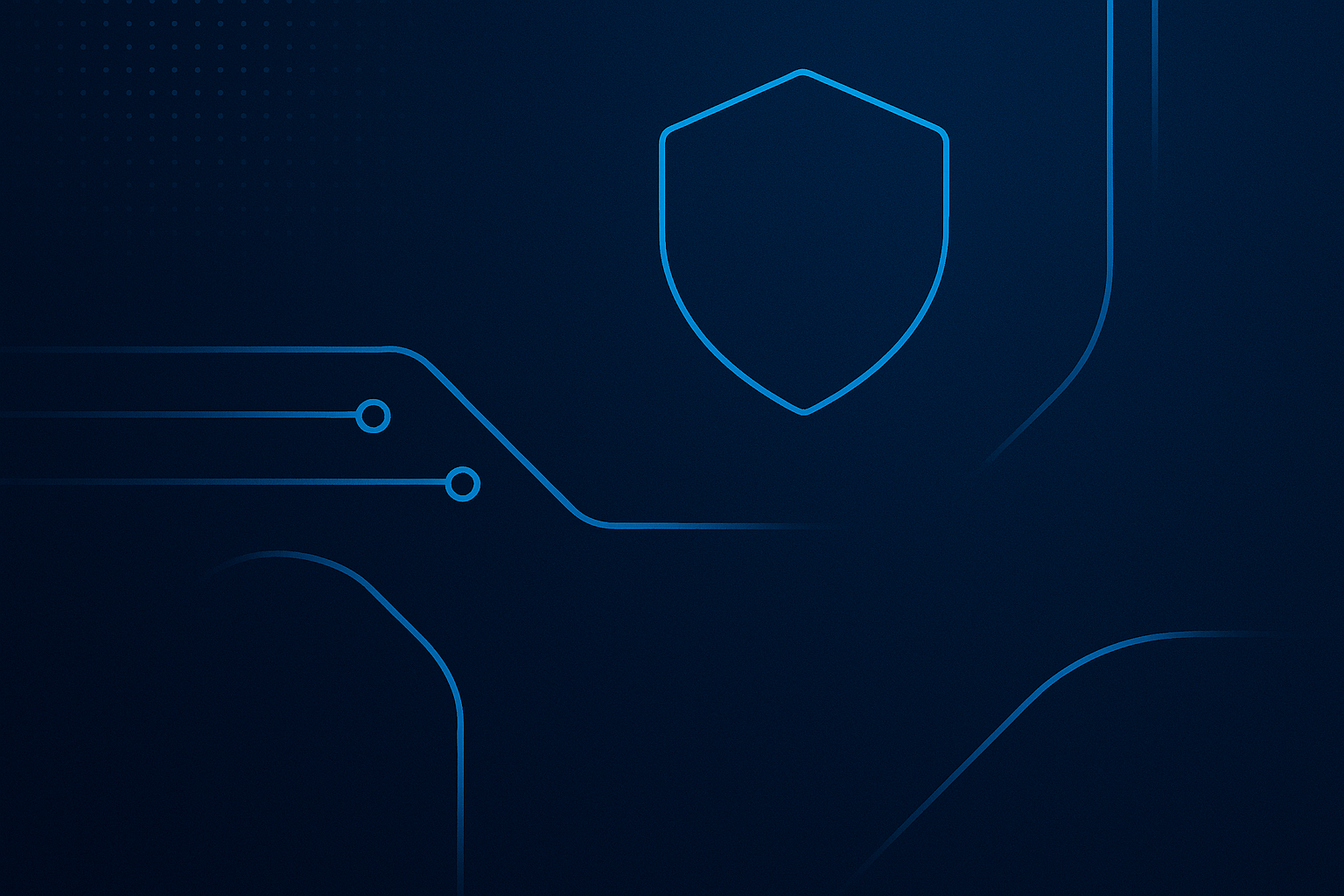What Is CVE-2024-52301 And Why It Matters
CVE-2024-52301 is a newly discovered critical vulnerability affecting the Laravel framework. This security flaw poses a serious risk to applications built using Laravel, as it could allow malicious actors to exploit improperly validated inputs, potentially leading to unauthorized access, privilege escalation, or data tampering.
The vulnerability stems from Laravel's handling of user-supplied data in certain scenarios, which, if not properly mitigated, opens the door to various attack vectors. Given Laravel's widespread use in building web applications and APIs, the impact of CVE-2024-52301 could be significant, affecting a broad range of systems and user data.
The Risks Of Improper PHP Configurations
One contributing factor that amplifies the risk of CVE-2024-52301 is the default setting of the register_argc_argv configuration in PHP. This setting allows scripts to access command-line arguments, which, in some cases, could be manipulated by attackers to bypass input validation or inject malicious data.
When register_argc_argv is enabled, it increases the attack surface for applications, making it easier for attackers to abuse PHP's default behavior, especially when combined with vulnerabilities like CVE-2024-52301. Developers should carefully assess PHP configuration settings to minimize exposure to such risks, particularly when working on publicly accessible applications.
Why Immediate Upgrades Are Essential
Addressing CVE-2024-52301 promptly is not optional—it's a critical measure that needs immediate action. Laravel has released patches to fix this issue, and upgrading to the latest secure version is the best way to protect your application from potential exploitation.
Failing to apply these updates could leave your systems vulnerable, opening the door to data breaches, unauthorized access, and service disruptions. This kind of vulnerability is commonly targeted by attackers looking for easy entry points, making it crucial for developers to patch and secure their systems as soon as patches become available.
Affected Versions
- < 6.20.45
- = 7.0.0, < 7.30.7
- = 8.0.0, < 8.83.28
- = 9.0.0, < 9.52.17
- = 10.0.0, < 10.48.23
- = 11.0.0, < 11.31.0
- For more information check GitHub and NIST NVD
How SecurityHive Helps Protect Against Vulnerabilities
SecurityHive's Vulnerability Management platform is an essential tool for staying ahead of emerging threats like CVE-2024-52301. With continuous scanning and real-time alerts, SecurityHive can help identify vulnerabilities before they are exploited by malicious actors.
By integrating SecurityHive into your development and operations workflows, you can gain deep insights into your security posture, receive automated alerts about vulnerabilities, and get guidance on remediation steps. This proactive approach ensures that your applications remain secure, minimizing downtime and preventing data breaches.
Best Practices For Keeping Your Applications Secure
To enhance your overall cybersecurity posture, it's essential to follow these best practices:
- Regular Software Updates: Ensure that Laravel, PHP, and all third-party libraries are always updated to the latest versions, particularly those with security patches.
- Configuration Hardening: Review your PHP configuration, and disable non-essential features like
register_argc_argvunless explicitly needed. Minimizing attack surfaces is key to reducing risks. - Secure Coding Practices: Educate your developers on secure coding practices, such as proper input validation and sanitization, to prevent common vulnerabilities.
- Continuous Vulnerability Scanning: Use a solution like SecurityHive to regularly scan your infrastructure, applications, and codebases for vulnerabilities.
- Monitoring and Alerts: Implement a robust monitoring system that can detect unusual activities in real time and notify your team immediately.
By adopting these best practices and leveraging the right security tools, you can significantly reduce your exposure to vulnerabilities like CVE-2024-52301 and help keep your systems secure.

.webp)

